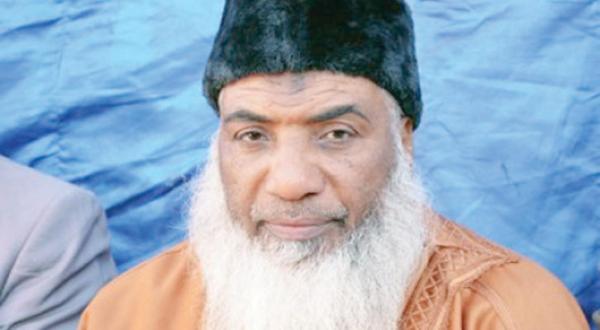Several sources have confirmed that Rifai Taha (Abu Yasser), a leader of the Egyptian Al-Gama’a Al-Islamiyya group, was killed in an American drone strike on the Al-Nusra Front in Syria. More than 20 militants were also killed in the strike.
An official at the US Department of Defense who wished to remain anonymous said the strike targeted a training camp in north western Syria and killed a number of militants.
On his part, Yasser Al-Sirri, the director of the London based Islamic Observatory which is an organisation that monitors news related to Islamists around the world, said that the drone strike was carried out two days ago in the Wadi Al-Nasim area in Idlib.
Dr Hani Al-Sibai, the director of the London based Maqrizi Centre for Historical Studies told Asharq Al-Awsat that Rifai Taha “got what he wished for” as “he longed to die in Afghanistan after founding the Khalden camp there to train fighters during the days of fighting against the Russians. He was released from prison during the presidency of Mohamed Morsi and then travelled to the Turkish city of Istanbul and from there to Syria where he met his Lord in an American drone strike”.
Taha was considered to be the engineer behind an assassination attempt on former Egyptian president Hosni Mubarak in Addis Ababa in the mid-nineties. According to available information, Rifai Taha was arrested at Damascus airport whilst he was travelling between Sudan and Afghanistan in 2001 and was then handed over to Egyptian authorities and put in jail until the January 2011 revolution when he was released.
According to Islamists in London, Taha is the author of a book that was published in London in 2001. The book was seized by Scotland Yard because it incited violence against Americans wherever they may be. Most of his supporters thought that he was in Istanbul. Al-Sibai said “everyone thought that he lived in Istanbul and no one thought that he had entered Syria to join Al- Qaeda”.
